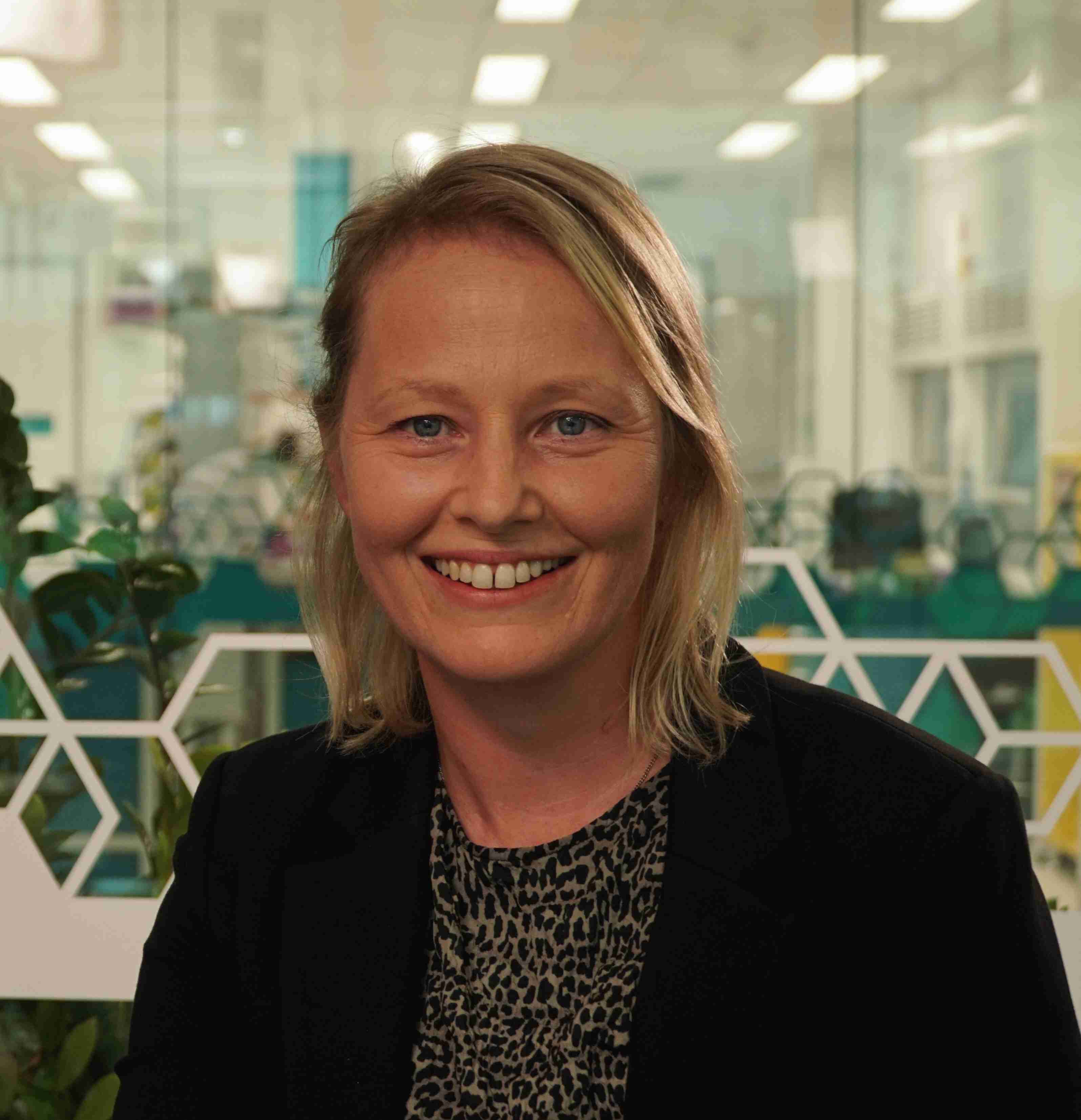Search
Showing results for "clinical trials"


People
Associate Professor Shannon SimpsonHead, Strong Beginnings Research, Co-head Foundations of Lung Disease
The Data Manager will work closely with researchers and research data to establish and deliver robust data practices for a range of research projects.
Research
Beyond the hype and hope: Critical considerations for intranasal oxytocin research in autism spectrum disorderIn this review, we comprehensively evaluate the rationale for oxytocin as a therapeutic, evaluating evidence from various various sources.
Research
The seroprevalence of SARS-CoV-2-specific antibodies in children, Australia, November 2020 - March 2021Peter Britta Richmond Regli-von Ungern-Sternberg AM FAHMS MBBS MRCP(UK) FRACP MD, PhD, DEAA, FANZA Head, Vaccine Trials Group Chair of Paediatric
Research
MedulloblastomaMedulloblastoma is a highly malignant small round blue cell tumor of the posterior fossa
Research
Unusual paediatric spinal myxopapillary ependymomas: Unique molecular entities or pathological variations on a theme?We describe two unusual cases of MPE and use DNA methylation analyses to compare their signatures to try and distinguish if these represent a unique subset.
Research
Medulloblastoma therapy generates risk of a poorly-prognostic H3 wild-type subgroup of diffuse intrinsic pontine glioma: a report from the International DIPG RegistryThese findings provide a compelling argument for efforts to reduce exposure of the brainstem in the treatment of medulloblastoma
Research
Tissue resident memory T cells: putting cancer cells to sleep and a target for therapyTissue resident memory T cells are cancer killing immune cells that have emerged as key players in immune-mediated control of solid cancers, as well as being markers of prognosis and predictors of response to immunotherapy.
Research
Clinical associations and prevalence of Scedosporium spp. in Australian cystic fibrosis patients: identification of novel risk factorsRisk factors for the association of Scedosporium in cases of cystic fibrosis (CF) and its clinical implications are poorly understood
